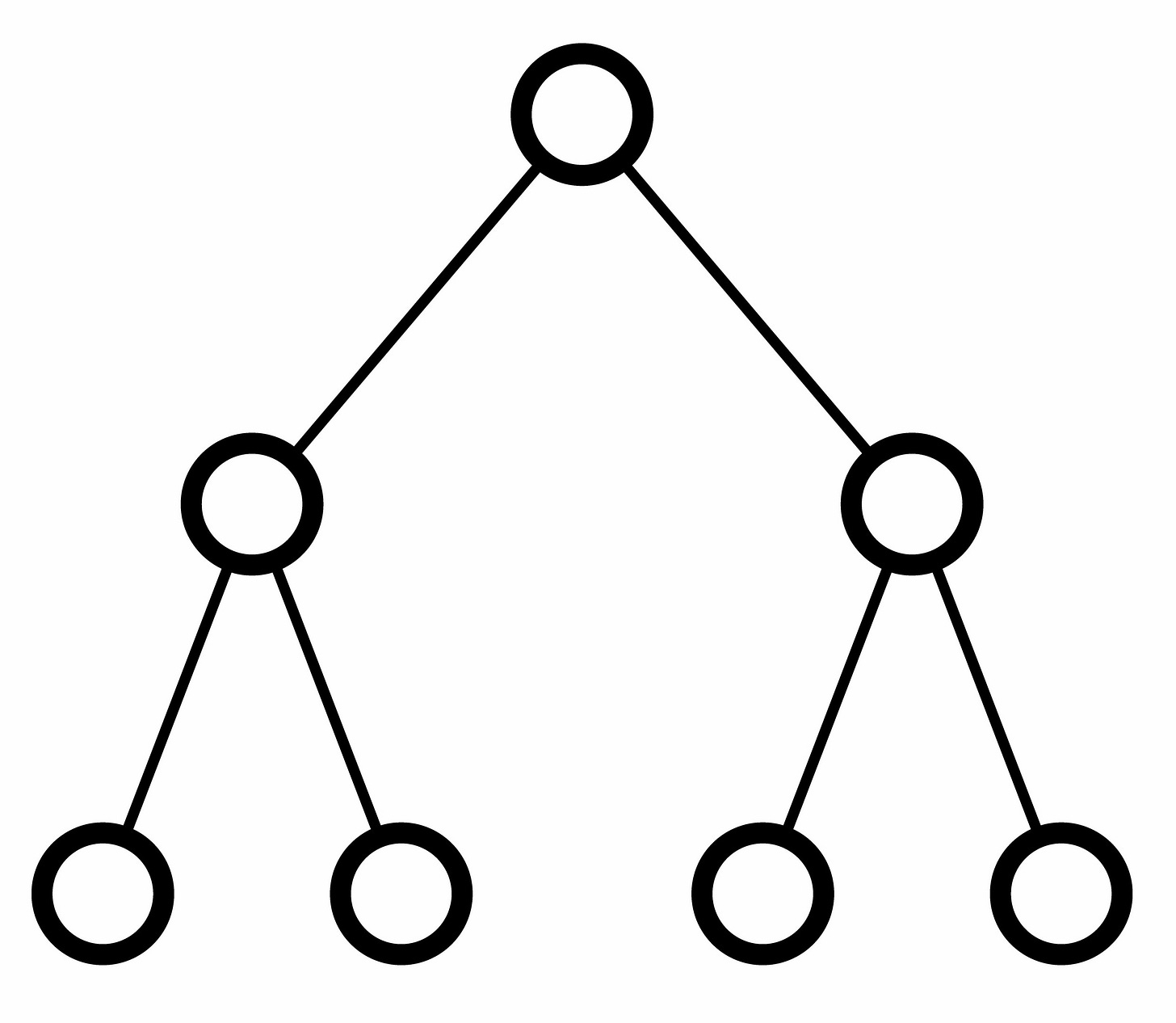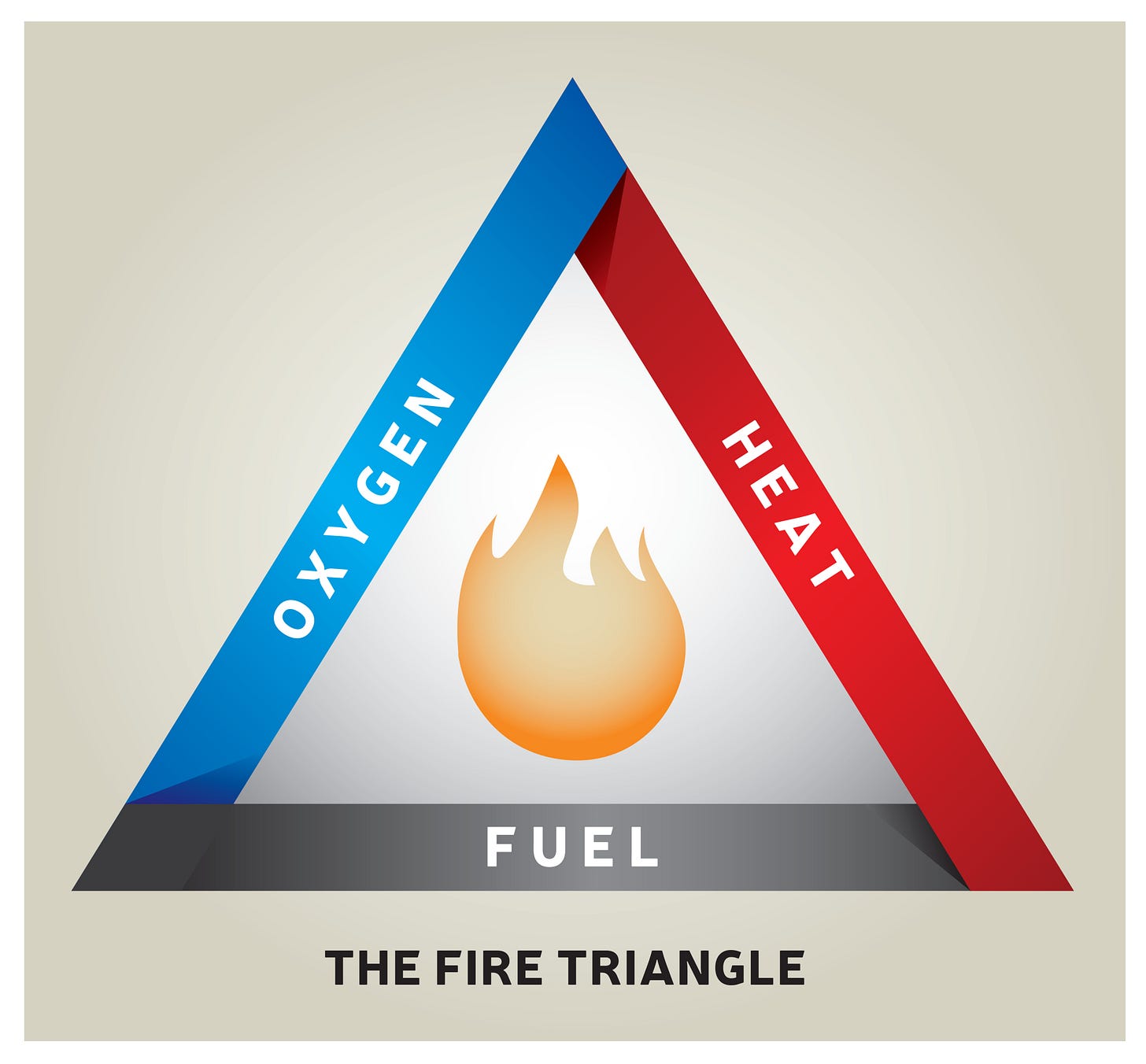Main Text Word Count: 1300 words // Read Time: Approx. 5 minutes
Rehabitus: Personal Growth in Life After Addiction
Let’s face it. I could relapse.
You wouldn’t think I’d willingly choose to hit rock bottom again. And that is 100% correct. I choose to live in sobriety now which involves taking deliberate measures to avoid slipping down again. More to the point, I live a healthy life in both body and mind—a life I don’t wish to escape. My life is simple. It’s plain. I’m still early in building it. But I love the life I’m crafting.
But what if a shitstorm were to find its way to me? I’ve already faced tough times in my early sobriety, hit by circumstances beyond my immediate control. People I cared about died. I had debts to repay. I was in a position where I had to choose between living with people who were using substances or leaving the situation, more than likely into something more bleak. These issues all slapped me early on.
Looking back, I realise I went through about a year of reactive depression when I became sober. I trudged along, committing to making good long-term choices, but man was I depressed. Life isn’t a bed of roses simply because you stop drinking. Shit still happens. I was still paying a price for the shit I’d caused, and that shit doesn’t just vanish overnight. All the agency in the world cannot stop the curveballs from natural setbacks or the actions of others.
Have I left my darkest days behind, or are they still ahead of me? None of us have any idea. Who knows what life has in store? I can’t predict the future, and I’m a flawed human being who makes mistakes, just like everyone else. All we can really do for ourselves is tip the scales in favour of good days and, to the best of our capability, prevent, minimise or mitigate the dark ones. To do that, we need some good proactive life skills and equally solid reactive ones.
Now. Crunch time. Let’s say all the ingredients for a relapse are in place: the bad event occurs, I fail to cope, the visceral urge boils up, and the opportunity to relapse is placed directly into my hands. It’s all there. It’s happening. Right time, right place. Game on.
Except it’s never game on.
Because no matter the chaos, darkness, death, misery, or even euphoria, excitement, and every other conceivable trigger, I know one thing is certain: in any situation that could lead to a relapse, my choice never to grant myself permission is the ultimate deciding factor. It resides entirely within me and is the mother of all choices at any moment. My unwavering resolve to deny permission has saved me before, and it will save me again.
I remember a SMART Recovery group I attended that left a monumentally lasting impression on me. By the way, SMART (Self-Management And Recovery Training) is a globally accessible addiction recovery programme that I highly recommend. In this particular group, we discussed how the main elements of a relapse can be compared to the components of a fire triangle. In a typical fire triangle comprising heat, fuel, and oxygen, removing one element will stop a fire. A relapse, when simplified (quite crudely, but hear me out), also has a triangle: opportunity, urge and permission. Again, take away one of these, and the relapse can’t happen.
I see opportunity as an entirely external factor—it’s there or it’s not. Without access to alcohol, there’s no drinking, even if the other two elements are in full force. Maybe that’s enough to save someone on that occasion. Urge is trickier because while it’s an internal state, it can be triggered by events outside of my conscious control. It’s a biological response like my heart beating faster upon exercise or a dog salivating when he hears a bell. (Interestingly, even nowadays I still salivate during an urge for red wine.) There are ways to manage urges and reduce their frequency and intensity over time—perhaps that’s another article—but for now, I’d like to focus on the one element that is truly, entirely, unequivocably, within my control: permission.
In our locus of control, permission sits entirely internally, without a sliver of doubt. I control my permission to proceed or not. You control yours. In fact, when we bring awareness to any choice we’re making, we realise that we give or withhold permission to ourselves in more ways than we might have noticed. Something to ponder.
I do not give myself permission to slip. Permission is one of the few choices during that crucial moment that is entirely in my control, and it carries the weight of my entire fucking life. Here I invoke what I’ve called my ‘rock bottom superpower’.
By bringing awareness to this control point, or this choice node, I understand that I alone permit or deny my relapse. It’s YES or NO.
And I’ve hardwired NO into my brain’s circuit board. There is no permission. It’s a pre-decision that isn’t up for debate, negotiation, or reinterpretation. It’s a hard, permanent NO. You shall not pass. This might take practice, but each time you approach this choice node and choose NO to permission, you add another layer of fortification. This isn’t just a metaphor—you’re literally entrenching that neural pathway in your brain.
It helps me to reduce permission down to a clear-cut binary choice. I’m complex, often irrational, and a bundle of contradictions. But this choice—this one crucial pre-decision—represents the most robotically rational part of me.
I visualise this choice node in my head as the starting point of a huge decision tree or a process map, with branch after branch cascading down with possible future outcomes.

If I choose to grant permission, all the good options burn to ashes. The map of life narrows down to a single, suffocating dead end that I know all too well. But choosing NO keeps the path open to make a multitude of other decisions that would take my life in profoundly different, better directions.
So profound that I may imagine the version of me after making either choice—to grant permission or not— which means I get to preview which reality I live in. In one reality, I grant myself permission to drink and spiral into despair, regret, misery, illness, prison and early death. I’m trapped, with no chance to make future good decisions or to experience happiness when this scenario passes.
In the other reality, I choose to deny permission and retain access to every possible good decision that follows. Life could be shit for a while—after all, something brought me to this point—but healthier decisions are within reach, and they only multiply as time goes on. Will it be a ‘happy ever after’? Who knows. But I’ll be giving myself the best chance.
And that’s the Adam I choose to be.
Moreover, I’ve already chosen him. I don’t have to re-think it. This pre-decision is locked in so tight that it’s embedded into the core of who I am. This unlocks every other choice, every other possibility, and every future version of me that I still have the power to shape.
So when I’m faced with that decision point—when the urge arises, the opportunity presents itself, and the moment unfolds before me, whether in despair, in euphoria, or anything in between— I’ve already made the choice, long before it came. My choice is locked in, and only becomes more fortified each time I face it.
The choice is made before I get there.
I’ve already denied permission.
The fire doesn’t start.
A Disclaimer.
Here, I’ve discussed one aspect of relapse prevention, and it is entirely my opinion. I’m aware this is a black-and-white view, and it works for me.
That said, real life in early sobriety isn’t as simple as avoiding relapse. There’s work to be done in mastering recovery techniques, seeking professional help, building essential life skills, and gradually moving into a life where recovery skills are second nature—where they are just ‘skills’.
The recovery field has a wealth of techniques focused on relapse prevention. I strongly encourage anyone struggling with addiction and recovery to explore SMART or other resources to add to your pool of knowledge and strengthen your recovery.
Thank you for reading my newsletter.
If you found value in the content, a simple like, comment, or share with a friend can help this reach more people. If you haven’t already, I’d love for you to subscribe for free too.
If you'd like to support me further, consider upgrading to a paid subscription.
While everyone has free access, paid subscribers help me improve and expand this service.
What Rehabitus Offers:
Discover practical insights on building a growth-oriented mindset after addiction.
Connect with a community dedicated to a sober and fulfilling life.
Stay inspired with regular updates, new perspectives, and continuous support.
Support Rehabitus with a one-off, commitment-free donation:







Well said, Adam. Funny enough, in a completely different space last night, I told someone the very same thing. I am never giving myself permission to cause this havoc again. As you said, if I did grant permission, all paths disappear but one. And I do not ever want to be on that path again.
Thanks for sharing this! I find it fascinating in that I approach my sobriety from a completely different lens (the idea of permission has never crossed my mind really), but we've ended up at similar spots. I think for me it's more of a complete loss of appeal, and as every day passes being more and more aware of what I'd potentially lose if I went back to drinking. But hey whatever works! Thanks for sharing your approach in such detail, I especially enjoyed the callout to SMART (I've heard it recommended multiple times now).